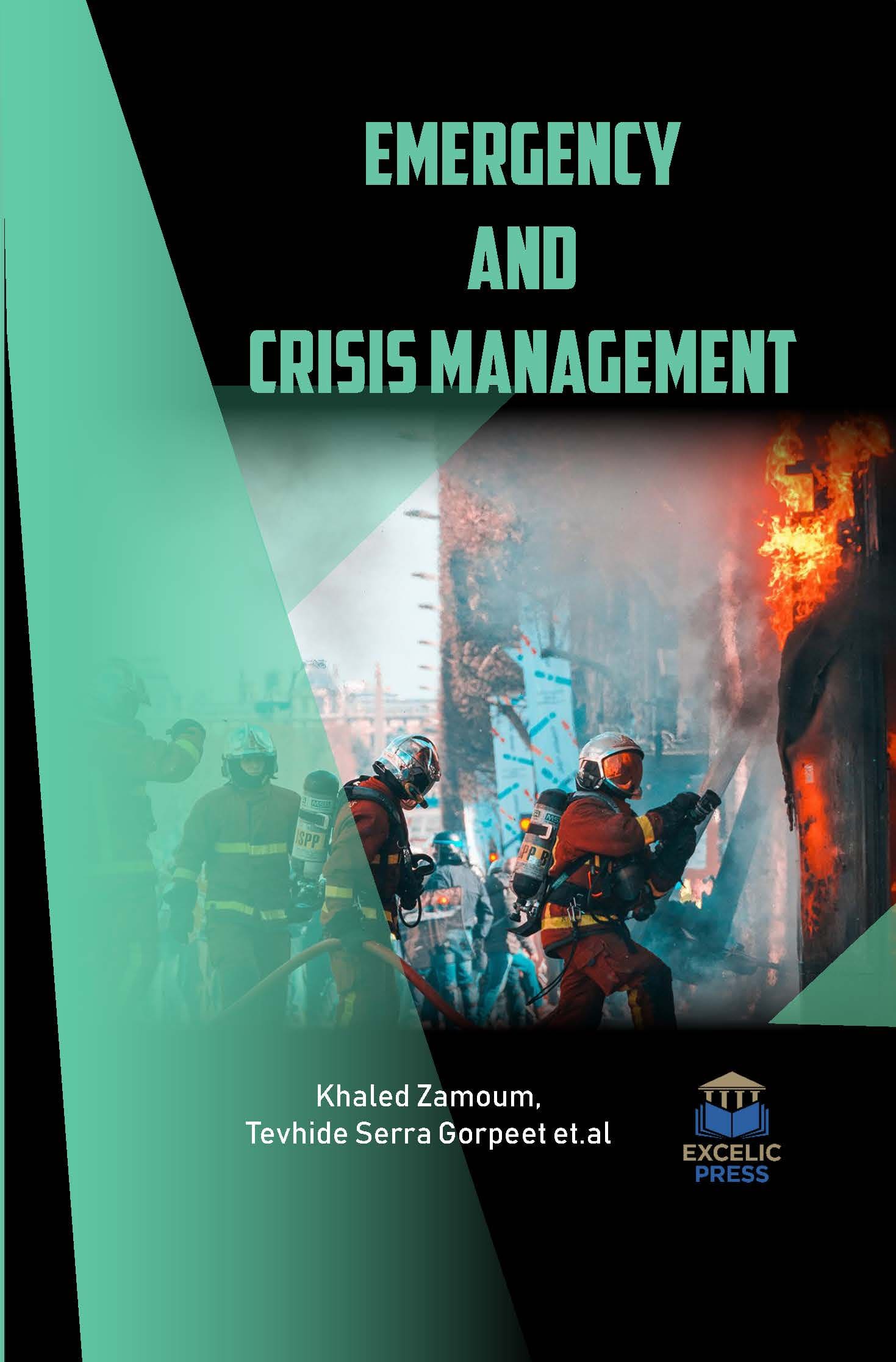Humans today are facing numerous serious crises, be economic, social, environmental, but the most destructive are security crises that end up with ridiculous wars, killing thousands every year and displacing millions of others. Indeed, most of those destructive conflicts could be avoided if the parties involved embracing wisdom by placing mutual interests ahead of their own desires and choosing patience and mediation over arrogance and aggression, particularly when conflicts and crises do not create nations and civilizations, but rather kill all. Today’s crises carry new problems to be addressed and the theoretical structures that have been established by numerous academics may not be adequate to tackle them.
This book compiles the state of art research and developments in emergency and crisis management. The first chapter of this book informs modern time academic work on crisis including crisis and its link with other fields, crisis management theories, factors affecting the crisis management, leadership in crisis situations, and ethics. Furthermore, emerging trends in disaster risk management have been covered. Moreover, in further chapters, the book highlights about information support of crisis management challenges to coordination; position tracking and GIS in search and rescue operations; problems and countermeasures of local emergency management; public awareness and education for flooding disasters; potential linkages between social capital, flood risk perceptions, and self-efficacy; and conceptualizing individual and household disaster preparedness. Disaster risk management (DRM) is undergoing noteworthy changes, reflecting the broader shifts in global and local levels of governance. The way disaster risk management (DRM) is conducted has been reshaped by the processes often referred to as globalization. Technological innovation in communications has fundamentally driven the transformation of the global economy and with it the way our world is structured. Therefore, finally, the book concludes with the emergence of a globalized system for disaster risk management and challenges for appropriate governance.













